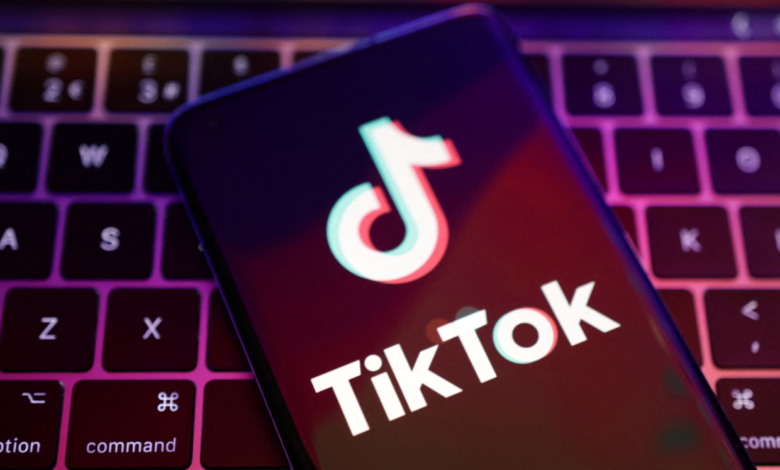TikTok Is a New Kind of Superweapon

For thousands of years, humans sought to subjugate their enemies by inflicting pain, misery, and terror. They did this because these were the most paralysing emotions they could consistently evoke; all it took was the slash of a sword or pull of a trigger.
But as our understanding of psychology has developed, so it has become easier to evoke other emotions in complete strangers. Advances in the understanding of positive reinforcement, driven mostly by people trying to get us to click on links, have now made it possible to consistently give people on the other side of the world dopamine hits at scale.
As such, pleasure is now a weapon; a way to incapacitate an enemy as surely as does pain. And the first pleasure-weapon of mass destruction may just be a little app on your phone called TikTok.
I. The Smiling Tiger
TikTok is the most successful app in history. It emerged in 2017 out of the Chinese video-sharing app Douyin and within three years it had become the most downloaded app in the world, later surpassing Google as the world’s most visited web domain.
TikTok’s conquest of human attention was facilitated by the covid lockdowns of 2020, but its success wasn’t mere luck. There’s something about the design of the app that makes it unusually irresistible.
Tiktok uses a proprietary algorithm, known simply as the For You algorithm, that uses machine learning to build a personality profile of you by training itself on your watch habits.
II. Seven Mouths, Eight Tongues
How has the push for socialist core values affected the Chinese Communist Party (CCP)’s approach to social media?
The creator of TikTok and CEO of Bytedance, Zhang Yiming, originally intended for the content on TikTok and its Chinese version, Douyin, to be determined purely by popularity. As such, Douyin started off much like TikTok is now, with the content dominated by teenagers singing and dancing.
Shortly after In April 2018, the CCP began action against Zhang, Bytedance announced it would recruit thousands more people to moderate content, and, according to CNN, in the subsequent job ads it stated a preference for CCP members with “strong political sensitivity.”
The CCP’s influence over Bytedance has only grown since then. Last year, the Party acquired a “golden share” in Bytedance’s Beijing entity, and one of its officials, Wu Shugang, took one of the company’s three board seats.
III. The Matricide Laboratory
British philosopher Nick Land viewed Western liberal capitalism as a kind of AI that’s reached the singularity; in other words, an AI that’s grown beyond the control of humans and is now unstoppably accelerating toward inhuman ends.
Domestically, Chinese democracy activists try to accelerate the CCP’s authoritarianism ad absurdum; one tactic is to swamp official tip-off lines with reports of minor or made-up infractions, with the intent of breaking the Party by forcing it to enforce all of its own petty rules.
But the use of TikTok as an accelerant is a whole new scale of accelerationism, one much closer to Land’s original, apocalyptic vision. Liberal capitalism is about making people work in order to obtain pleasurable things, and for decades it’s been moving toward shortening the delay between desire and gratification, because that’s what consumers want.
Over the past century the market has taken us toward ever shorter-form entertainment, from cinema in the early 1900s, to TV mid-century, to minutes-long YouTube videos, to seconds-long TikTok clips. With TikTok the delay between desire and gratification is almost instant; there’s no longer any patience or effort needed to obtain the reward, so our mental faculties fall into disuse and disrepair.
And this is why TikTok could prove such a devastating geopolitical weapon. Slowly but steadily it could turn the West’s youth—its future—into perpetually distracted dopamine junkies ill-equipped to maintain the civilisation built by their ancestors.




